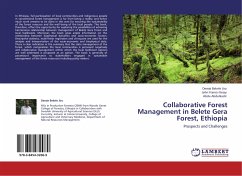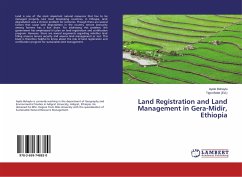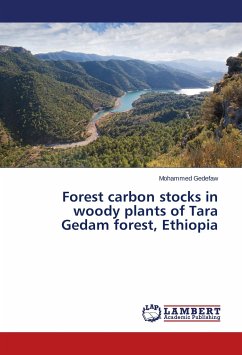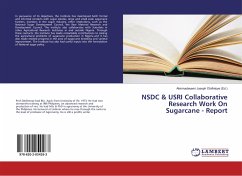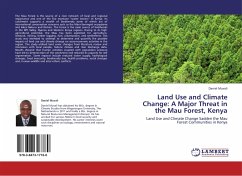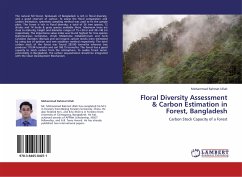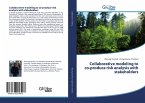In Ethiopia, full participation of local communities and indigenous people in conventional forest management is far from being a reality, and hence much work remains to be done in this area for ensuring the sustainability of the forest resource and the well being of the local people. This book, therefore, offers the opportunity for exploring the possibilities of achieving harmonious relationship between management of Belete Gera forest and local livelihoods. Moreover, the book gives ample information on the relationship between biophysical dynamics and socio-economic factors. Descriptive statistics, multi-linear regression and chi-square are used for the analysis and interpretation of the socio-economic and biophysical data. There is clear indication in the summary that the state management of the forest, which marginalizes the local communities is perceived negatively and collaborative management within which the local livelihood options are well addressed is proposed as an option. The book is generally of paramount importance to stakeholders engaged in sustainable management of the forest resources including policy makers.
Bitte wählen Sie Ihr Anliegen aus.
Rechnungen
Retourenschein anfordern
Bestellstatus
Storno

